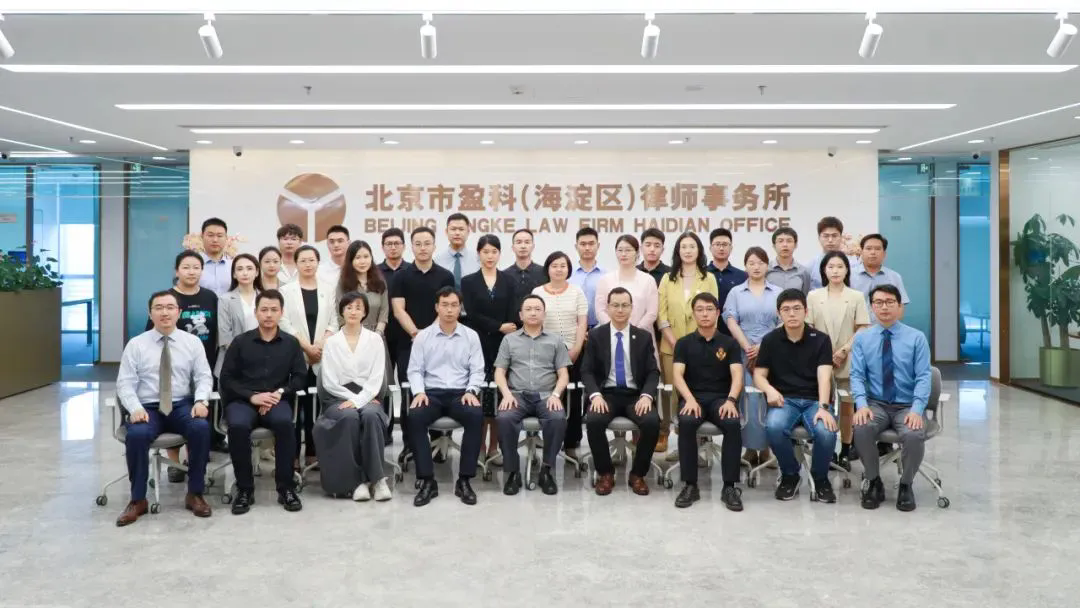
Cloud journey breeds, ten thousand miles can be expected. Recently, the Haidian Lawyer Salon organized by Beijing Haidian District Lawyers Association was held in Beijing Yingke (Haidian District) Law Firm. Mr. Xu Wei, partner of King&Capital Law Firm, was invited to participate in the event and make a keynote sharing. Song Xiaopeng, director of the Business Training Committee of the District Lawyers Association, Xu Yan, deputy director, and lawyers from various law firms totaling more than 60 people attended the event. Experts and scholars from all walks of life shared their views on the topic of “cybercrime defense practice”.

Song Xiaopeng, Director of the Training Committee of the District Lawyers Association, delivered a speech for the event. He said that the salon on the theme of “cybercrime defense practice” is of great significance. With the rapid development of network technology, cybercrime cases are becoming more and more complicated and diversified. Lawyers should not only understand the legal provisions, but also master the latest technology trends and evidence acquisition techniques. It is hoped that this event will provide lawyers with the latest case analysis, legal strategies and technological solutions to help them better meet the challenges and improve their defense level.
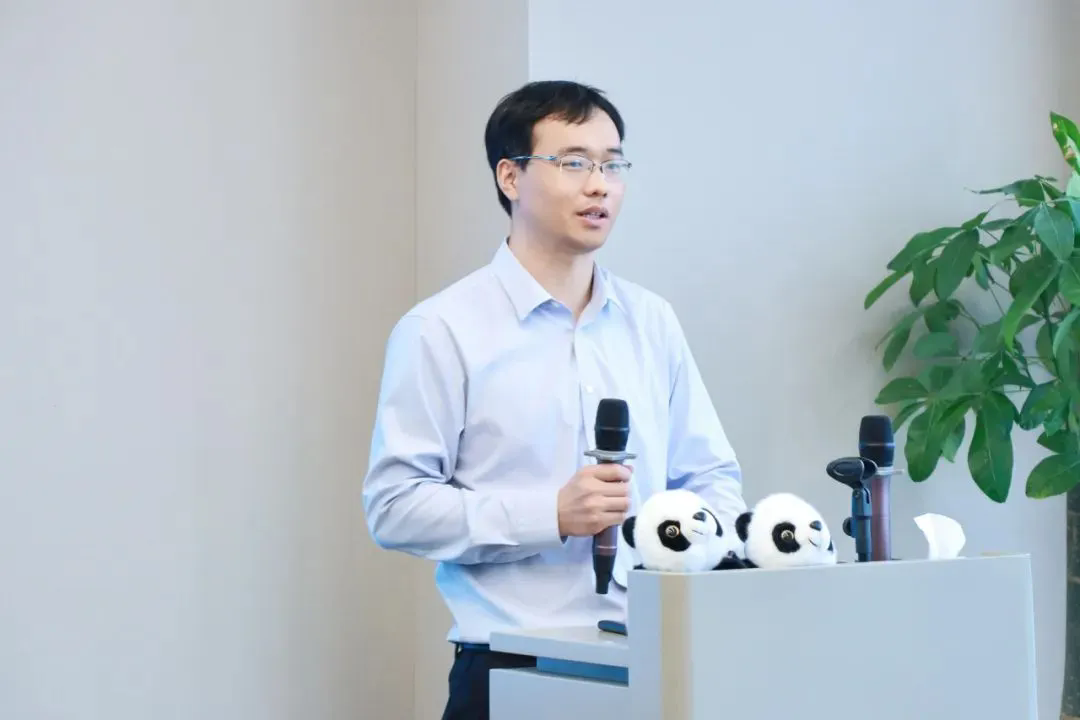
Li Huaisheng, Associate Professor of China University of Political Science and Law and Director of the Institute of Cyber Law, proposed that maintaining a clean and upright cyber environment is the responsibility and mission of the legal professional community. Currently, there are three major challenges in cybercrime governance: the macro challenge is the blurring of the civil and criminal boundaries of behavior under the vision of integration of law and order; the meso challenge is the confusion of attribution of responsibility between the cutting of the industrial chain and the independency of cybercrime's legal interests; and the micro challenge is the blurring of the boundaries within the cybercrime system. Challenges and breakthroughs coexist, and lawyers should combine cases and use different defense strategies, such as legal policy defense, illegality defense, technology defense, and electronic data defense, to effectively safeguard the rights and interests of their clients.
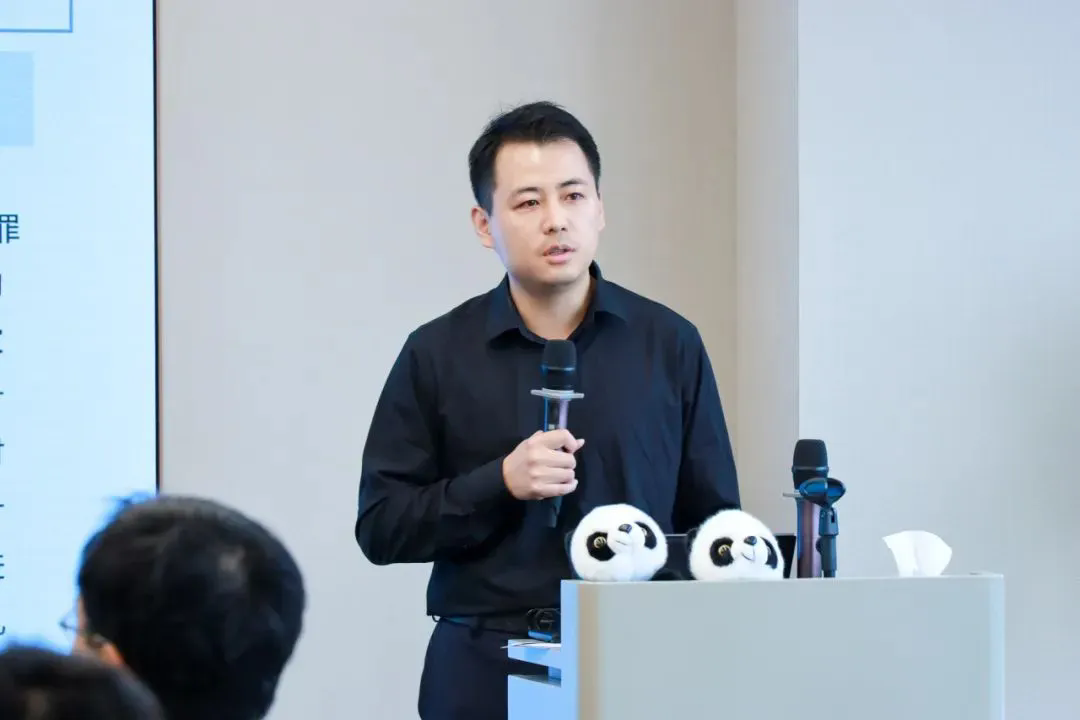
Yuan Jihui, a researcher at the Internet Law Research Center of the China Academy of Information and Communication Research, said that China's Internet has experienced the access to the Internet stage (1994-2000), the PC Internet stage (2000-2012), and the mobile Internet stage (2012-present), and the carrier object of cybercrime has also been transitioned from the network infrastructure to the “Internet+”. The carrier object of cybercrime has also transitioned from network infrastructure to “Internet+” and then to algorithms, data and personal information, showing a staged character. The norms for combating cybercrime have also changed along with the phased characteristics of the types of cybercrime, from symbolic legislation and suggestive clauses to legislation and judicial interpretation through amendments to the criminal law to regulate specific types of cybercrime, accompanied by the soundness of the antecedent law norms and the gradual realization of the effective governance of cybercrime.

According to Ding Jianzhong, legal advisor of a well-known Internet company, the virtual and hidden nature of cybercrime in terms of crime scenarios, and the technologization of crime means have challenged the standard of evidence and the power of proof in traditional criminal cases. In this context, the defense of cybercrime needs to strive for the best defense effect in many aspects, such as massive data, device-to-person presumption, evidence-oriented crime selection, and the probative power of transnational investigation. In the face of massive evidence, the defender should give priority to finding and presenting counter-evidence; for the inference from device to person, the defender should pay attention to whether there is enough specialized evidence; for the choice of crime, the lesser offense should be chosen between the purpose and means of the act; and for the evidence coming from outside the country, attention needs to be paid to the completeness of the preservation chain.
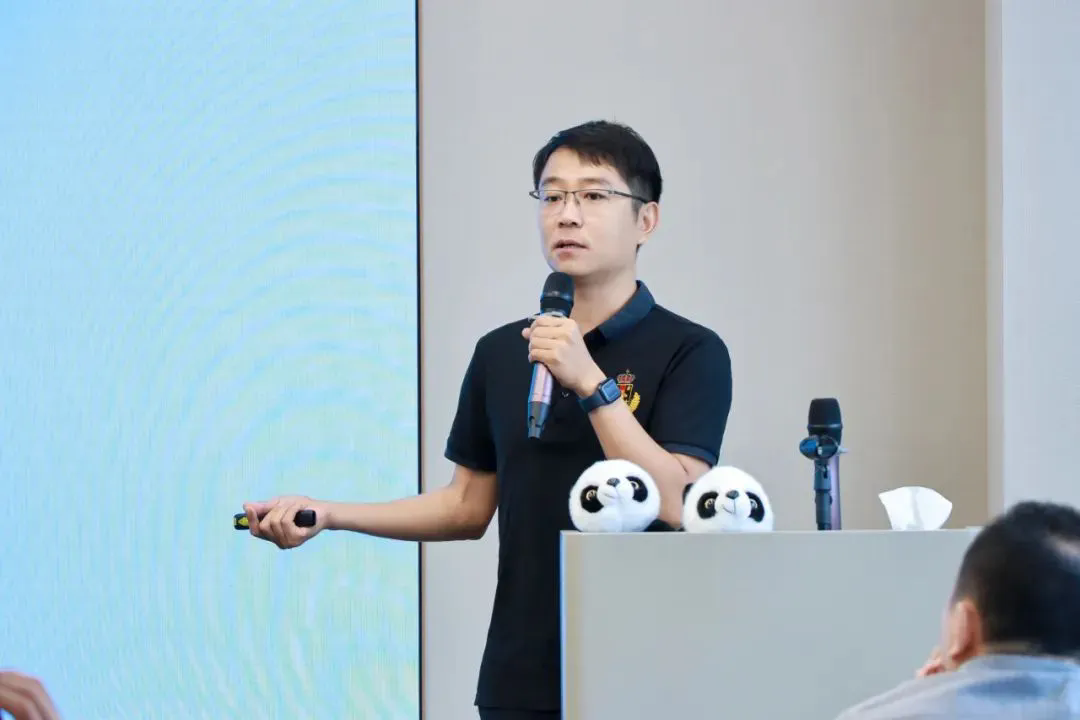
Ltd., Beijing Anxin Rongda Technology Co., Ltd. general manager, network forensics expert Feng Yue believes that, due to the network crime has a wide variety of types, wide dissemination, high concealment, diverse means and other characteristics, lawyers need to fully understand the type of case and survey object, develop strategies, staffing, legal authorization and survey tools, and in accordance with the standardized process for evidence protection, evidence collection, Evidence fixation, analysis and judgment, evidence preservation and judicial appraisal, etc., and carry out forensics and analysis on various electronic storage media such as webpage websites, servers, desktops, laptops, cell phones, cloud data, routers, GOIP, VOIP, smart door locks, drones, digital cameras, digital camcorders, memory cards, mobile hard disks, U-disks and CD-ROMs, etc., which are involved in the cybercrime cases.
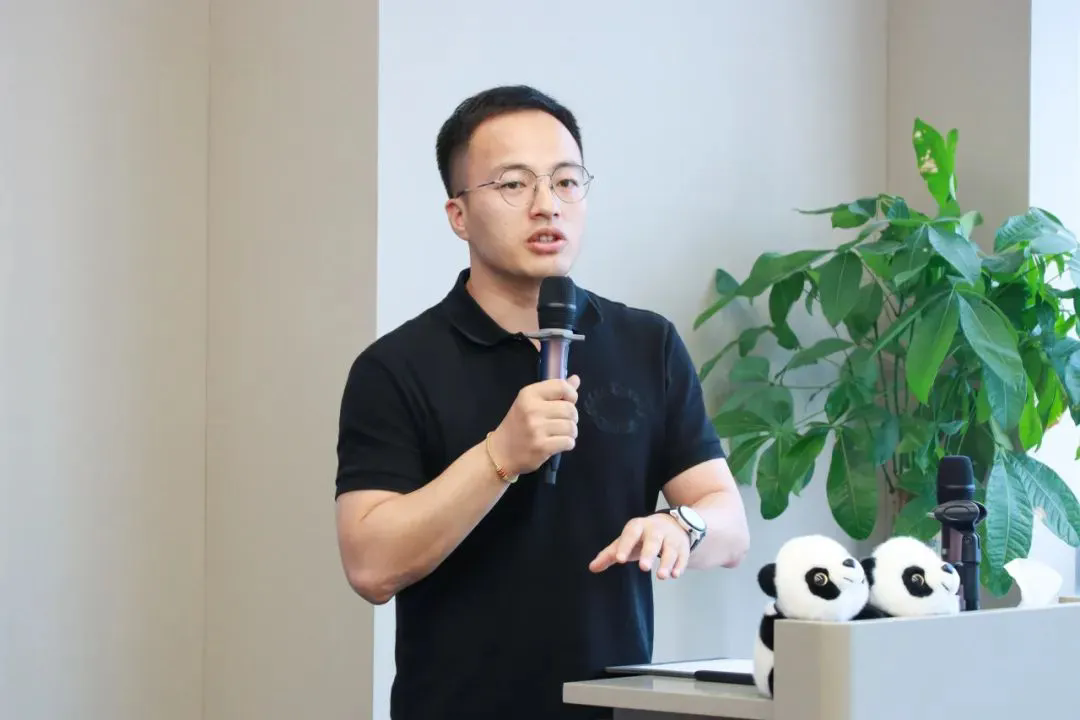
Mr. Xu Wei, a partner of Beijing King&Capital Law Firm, gave a brief introduction to the concepts of IDC and ISP and the current situation of IDC service industry with the title of “Sharing of cases of IDC service providers suspected of helping letter crime and suggestions for compliance”, and combined with the cases handled by himself, he explained the situation of IDC service providers suspected of helping letter crime after the case-handling authorities had doubts about the professional issues. Combined with the cases handled by him, he explained how to defend the case when the case-handling authority misunderstands the professional issues, focusing on the determination of “knowingly”. In addition, he put forward several compliance suggestions for network service providers, hoping to solve the criminal risk of network service providers with criminal compliance.
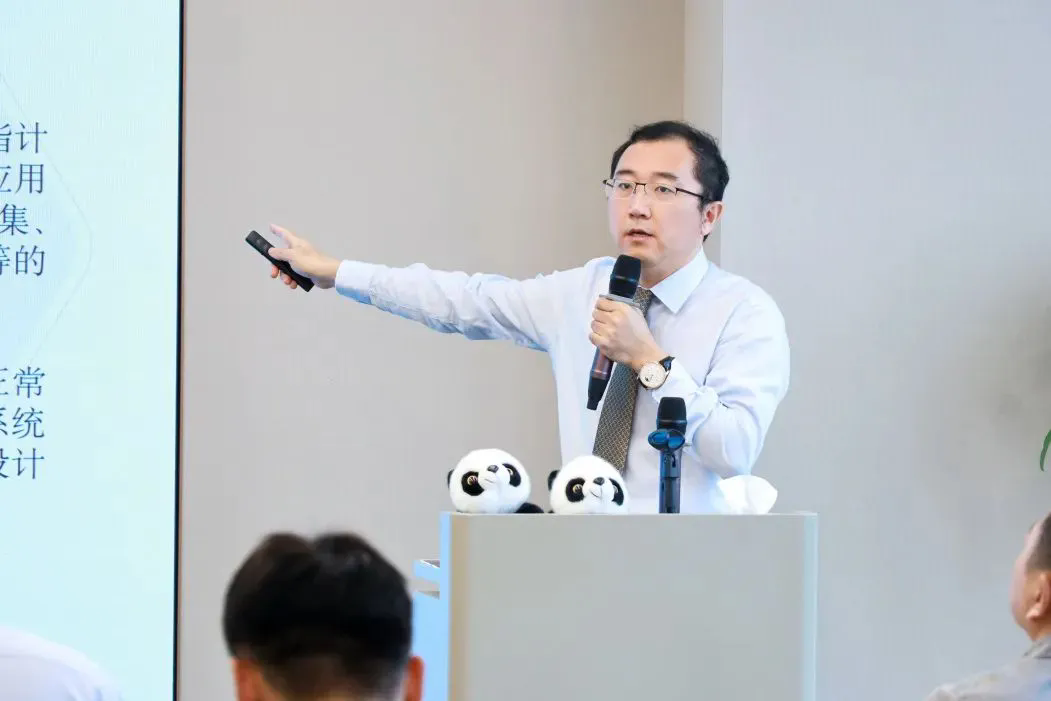
Mr. Yu Jingmin, Party Secretary of Yingke (Haidian District) Law Firm and Director of the Criminal Legal Affairs Department, analyzed a series of practical cases arising from small software for tourist tickets. He believes that there is a tendency for such cases to be light on legal analysis and heavy on entity crackdown. Regarding the difference and connection between the crime of damaging computer information system and the crime of illegally controlling computer information system, in addition to grasping the elements of the crime, it is more important to go deeper into the micro level, such as whether the data has been tampered with or modified, and whether there is a failure of the data's function, through the analysis of the evidence. At the same time, according to the point of the purpose of the behavior, there must be evidence pointing to prove that the behavior is in line with the regulatory object of the crime of damaging the computer information system, otherwise, the illegal control behavior cannot be arbitrarily elevated for the sake of combating. Finally, by analyzing the guiding cases of the Supreme Prosecutor's Office and the Supreme Law, he summarizes the conditional characteristics of the highest judicial authorities in the application of the crime, in order to reflect on the deficiencies and improvement paths of the adjudication rationale of some of the cases in practice.
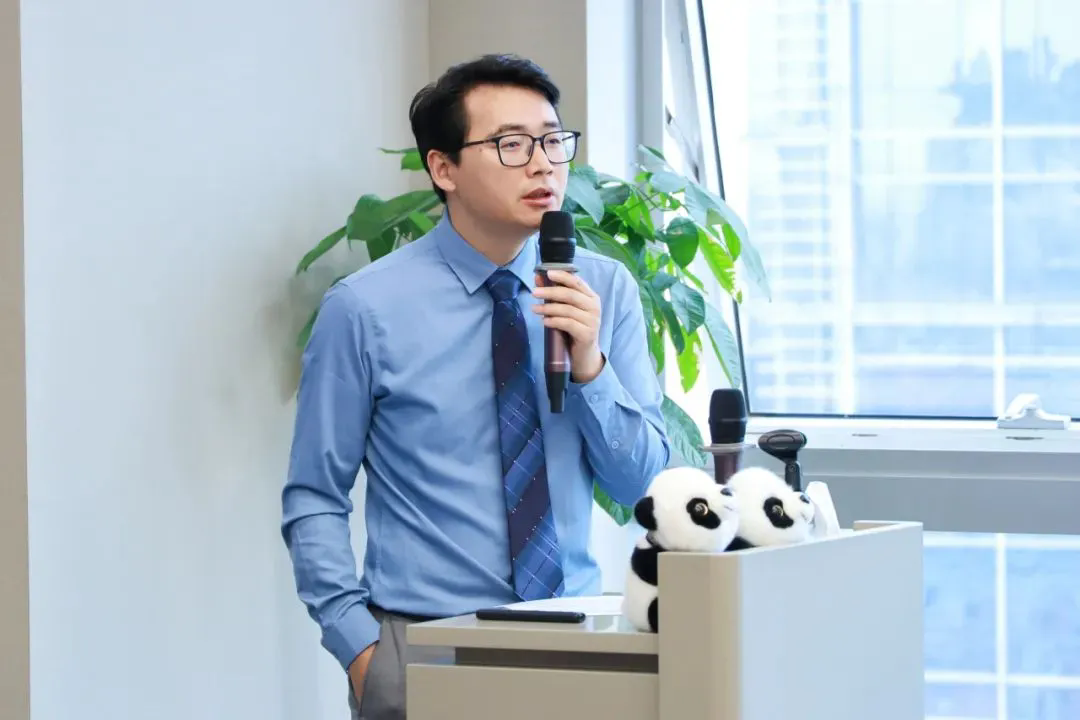
Mr. Liu Yang, Senior Partner, Deputy Director of the Management Committee and Director of the Cybercrime Defense and Criminal Compliance Department of Pacific Century Group (Haidian District) Law Firm, introduced the experience of handling cases of telecommunication network fraud and other crowded network fraud cases, and summarized and proposed the method of reviewing the evidence by using the “Dual Relevance Review + Funds Flow Analysis” method. He said that through the dual relevance review, i.e., the identity homogeneity (the identity of the network and the identity of the reality) and medium relevance review of the suspected subject of the cybercrime case, he emphasized the review of the account information, identity authentication information, digital signature, biometric information, etc. involved in the case to see if they are related to the identity of the suspects, and the review of the domain name, IP address, MAC address of the terminals, and the information of the communication base station involved to see if they can reflect the electronic equipment as the identity of the suspects. can reflect that the electronic equipment is used by the criminal suspect, and supplemented with a consistent review of the flow of funds and information flow, can achieve effective defense in network fraud cases, providing an evidence defense idea for criminal defense under virtual identity.
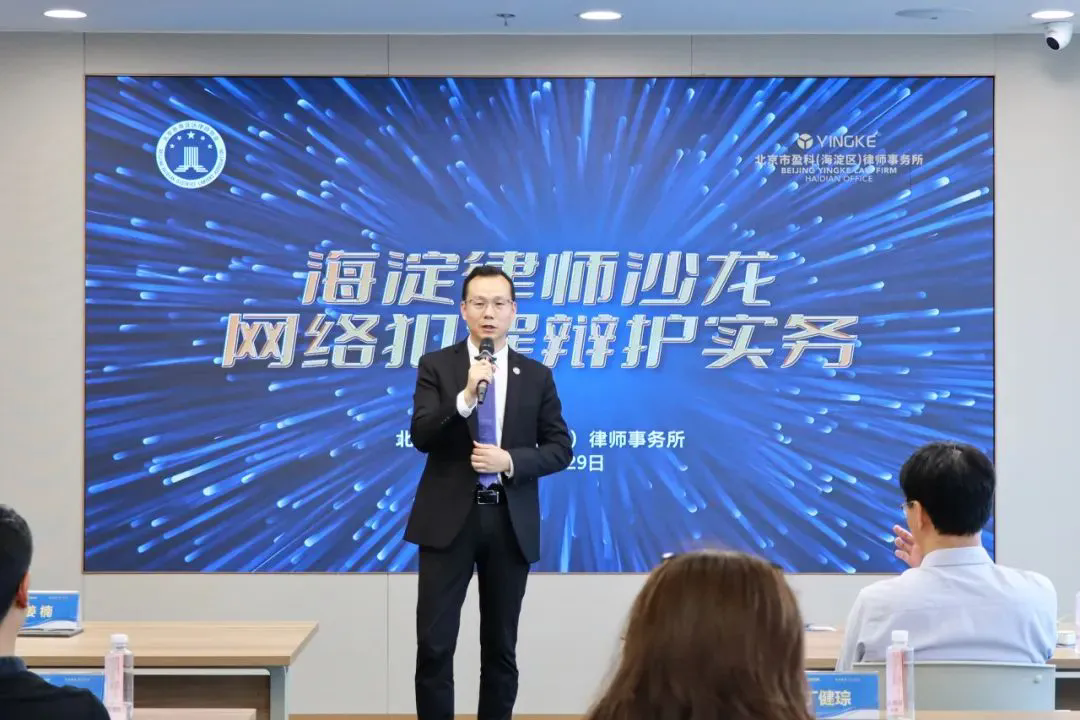
Zhang Bin, director of the management committee of PCG (Haidian District) Law Firm and director of the Technology and Artificial Intelligence Legal Affairs Department, said in his concluding remarks that the salon was different from traditional digital economy conferences or forums, focusing on cybercrime practice and selecting topics from a novel and unique perspective. The guests of the event included scholars from universities, frontline lawyer colleagues, and Internet platform legal affairs, who discussed the current hot issues and defense strategies of cybercrime in depth and shared valuable practical experience. Through the discussion of new technologies, new ideas were developed for the future defense of cybercrime and a more solid foundation was laid. It is hoped that all walks of life will continue to strengthen exchanges and cooperation, and jointly respond to the increasingly complex challenges of cybercrime defense.



